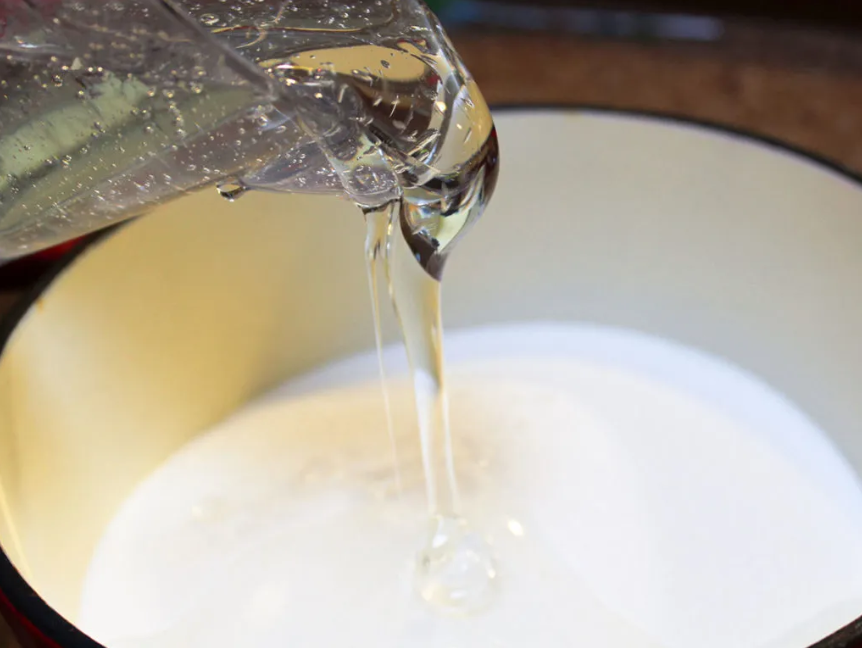It’s hard to imagine a world without sweet beverages. From invigorating morning coffee to refreshing afternoon tea, or the occasional indulgence in fizzy sodas, sweetness is a key element in our liquid delights. This sweetness, more often than not, comes from a versatile ingredient known as liquid sugar.
A Brief Overview of Liquid Sugar
It, also known as liquid sucrose, is a solution made by dissolving granulated sugar in water. It has a clear, colourless appearance and is typically used in food and beverage industries due to its convenience and versatility. This form of sugar saves time and energy as it mixes easily with other liquids, unlike its granulated counterpart which may require additional effort to dissolve.
The Use of Liquid Sugar in the Beverage Industry
In the beverage industry, this sugar is an essential component. It not only adds sweetness but also contributes to the texture and mouthfeel of drinks. Drinks like sodas, fruit juices, and energy drinks often rely on liquid sweeteners for their characteristic sweet taste.
Moreover, it plays a crucial role in enhancing the flavours of certain beverages. For instance, in coffee-based drinks, the presence of sugary liquids can balance the bitterness of coffee, providing a harmonious blend of flavours.
The Advantages of Using Liquid Sugar
One of the main advantages of using it in beverages is its solubility. It allows for a smoother mixing process, ensuring consistent sweetness throughout the drink. Plus, it offers a longer shelf life and improves the overall quality of beverages.
The Alternative: Processed Cane Sugar
While this sugar is a popular choice, it’s worth noting that there are other types of sweeteners used in the beverage industry. One such alternative is processed cane sugar. Extracted from the sugar cane plant, this type of sugar undergoes a refining process to remove impurities. It’s often used in beverages for its distinct flavour profile that can add depth to the overall taste of the drink.
The Downside of Liquid Sugar
Despite its many benefits, there is a downside to using it in beverages. Due to its high-calorie content, excessive consumption can lead to health issues such as obesity and diabetes. That’s why consumers need to be mindful of their intake and opt for drinks with lower sugar content when possible.
In conclusion, liquid sugar plays a significant role in the beverage industry. Its availability, convenience, and ability to enhance flavours make it a favourite among manufacturers. However, as consumer preferences shift towards healthier options, the role of sugary liquids may change. For now, it remains a key ingredient that brings sweetness to our favourite beverages.

